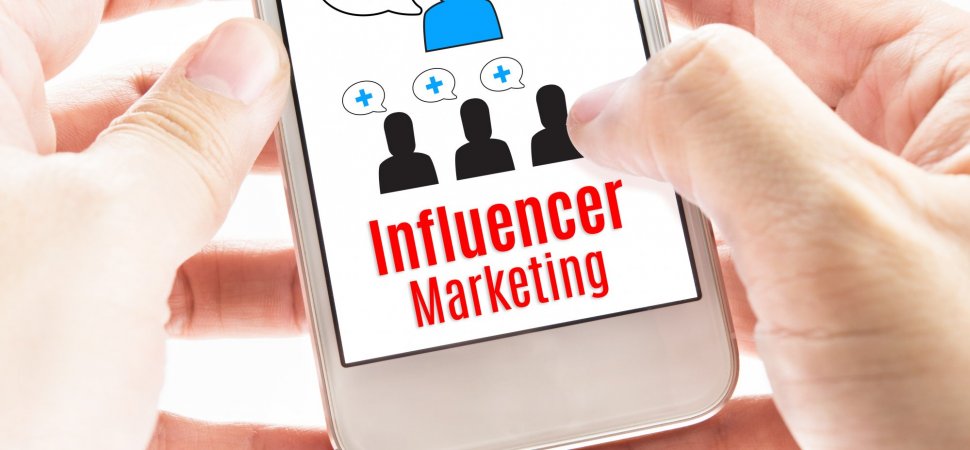As we enter 2019, we are all well aware of the dominance that social media now has on our lives. Can you even remember a time before Instagram stalking and Twitter trolling? When it first began in the early noughties, social media promised us an online revolution of communication so that we could “stay better connected” to our friends and family. It’s now a £39 billion industry with over 2.6 billion users worldwide.
It’s fair to say that the industry growth is staggering in such a short space of time and the population’s fascination with these platforms isn’t stopping anytime soon. But in order to become so profitable the industry has had to do much more than simply provide us with a means of communication. Instead what has emerged is a tool for companies and brands to directly reach into our lives. It’s an advertiser’s heaven. Influencers are now as prominent as celebrities in the media with huge followings of those who idolise them. They seemingly let us into their lives and tell us exactly what to buy to be just like them. From what to wear to what to eat, they dictate the trends and we seem willing to follow… or like… or subscribe.
However, unlike traditional forms of advertising, social media advertising is more subtle, making it difficult at times to spot when something is being sold to you. The strict advertising rules that govern other forms of media don’t seem to apply to the world of social media. This means that the trust that social media stars build with their following can be exploited by companies to advertise. What is even more worrying is that often the most popular influencers gain a huge following from teenage and child followers. The danger here is that in a less regulated environment vulnerable younger followers can be exposed to advertising without even knowing.
In a recent Panorama documentary, Instagram influencer and love island star, Zara McDermott explained how she is often contacted by gambling and alcohol brands to do promotions. Knowing well that a huge percent of her followers are underage she, rightly, refuses them. However, she discloses that she has been offered up to £3000 just to do one Instagram story that would take her minutes to create. This financial incentive coupled with the effortless nature of creating these posts makes them irresistible to some influencers. Despite having numerous young fans, DJ Khaled for example, often works with the brand Ciroc to promote its vodka. As it’s impossible to restrict underage users from seeing posts relating to alcohol and gambling is it right that they are posted at all?
Thankfully in the UK the Competition and Markets Authority has been cracking down on influencers in the recent months to ensure full disclosure to their followers. You may have noticed the words “AD” and “GIFTED” cropping up much more on your feeds as influencers have to ensure clarity when they are being paid to promote or something has been gifted to them. However, the full truth is that the authority doesn’t have the time and resources to hold everyone to account so it’s up to us as the followers to demand transparency.

